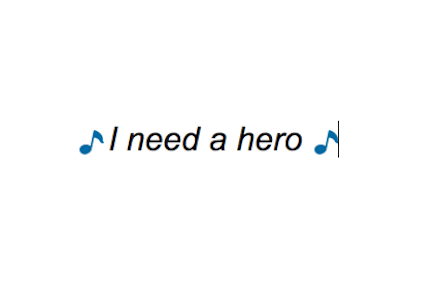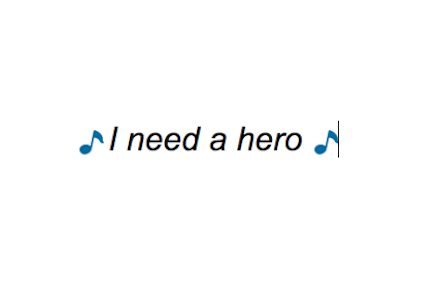Advertisement

FOMO is in my sister’s blood. When she was a young child, she would wet her pants rather than leave a room full of excitement to use a bathroom, and as a teenager she was always the last to go to sleep and the first to rise at a sleepover. Even as an adult, I catch her using the bathroom at an expedited pace. My mom has always said that of her four children, my sister was the toughest to put down for a nap.
It turns out there may be some real science behind my sister’s fear of missing out and her lack of sleep—but it’s not as biological as we thought. Instead, a new study1 shows that nighttime social media use—and the inherent FOMO that occurs as a result of it—might be the culprit behind poor adolescent sleep outcomes.
Researchers looked at the sleep habits of kids from ages 12 to 18 and found those who were up late scrolling had increased pre-sleep arousal (meaning their minds were getting more activated before bed instead of slowing down). Accordingly, they slept for fewer hours each night and took longer to fall asleep once their head hit the pillow. FOMO was at the heart of all these negative sleep consequences, according to the findings published in Journal of Adolescence. The adolescents felt its effects two-fold: On one hand, their sleep was affected because they stayed up later in an effort to stay in the loop online, and on the other hand, all of that tweeting and Snapchatting messed with their brain’s ability to easily allow in sleep once the lights were out.
So we certainly haven’t been wrong to focus on how our constant online connection is affecting kids’ (and everyone’s) overall wellness—that dang blue light really is a real sleep killer. But these findings suggest it’s also important to look at social media-induced cognitive behaviors like FOMO that might be making these health outcomes even worse.
The feeling isn't hard to understand: Even adults can take a scroll through people’s highlight reels on Instagram and feel a little like they’re missing out, and many studies have shown2 a link between feelings of loneliness and excessive social media usage. In fact, even though these days we have all kinds of ways to connect with one another, the percentage of Americans who feel lonely has increased from 20 percent in the 1980s to 40 percent in the present day.
Is there a way to help our children break free from this vicious cycle of tech-induced loneliness? The most straightforward solution is temporarily unplugging in favor of more face-to face time with friends; the less you check social media, the less you eventually care. But as many parents will tell you, simply taking away the smartphone before bed may stir more drama than its worth depending on the age of your kids.
But no matter how old they are, children at every age can benefit from a refreshed outlook on the role of technology in their lives—the same one we adults are constantly working towards as well. Certified health coach Erin Seales Basile says one of the best ways to nix the feelings of FOMO that come with social media is a mindfulness practice: Help your kids learn to be present in their own surroundings and appreciate where they are, which can help squash the "grass is greener across the screen" feeling. If that worry about what their friends are doing does seep in, encourage your kids to embrace those feelings instead of stewing on them late at night.
"If you are feeling lonely, then take a step to boost your relationships,” Elizabeth Lombardo, Ph.D., author of Better Than Perfect: 7 Strategies to Crush Your Inner Critic and Create a Life You Love, tells mbg. “That could mean reaching out to old friends or acquaintances with whom you have lost touch, such as a text saying 'How are you?'"
The bonus, of course, is that by setting up a healthy relationship with social media, not only will kids discover more balance in their friendships, but they'll also stir less FOMO feelings, meaning—ding, ding, ding!—they'll sleep more.
Watch Next
Enjoy some of our favorite clips from classes
Enjoy some of our favorite clips from classes
What Is Meditation?
Mindfulness/Spirituality | Light Watkins
Box Breathing
Mindfulness/Spirituality | Gwen Dittmar
What Breathwork Can Address
Mindfulness/Spirituality | Gwen Dittmar
The 8 Limbs of Yoga - What is Asana?
Yoga | Caley Alyssa
Two Standing Postures to Open Up Tight Hips
Yoga | Caley Alyssa
How Plants Can Optimize Athletic Performance
Nutrition | Rich Roll
What to Eat Before a Workout
Nutrition | Rich Roll
How Ayurveda Helps Us Navigate Modern Life
Nutrition | Sahara Rose
Messages About Love & Relationships
Love & Relationships | Esther Perel
Love Languages
Love & Relationships | Esther Perel












